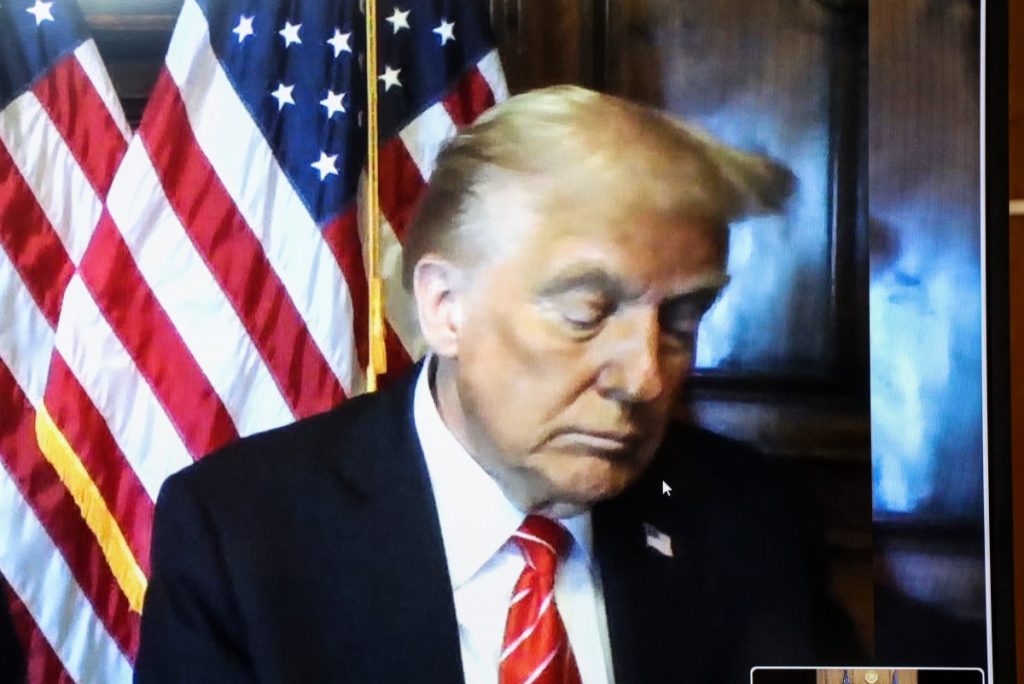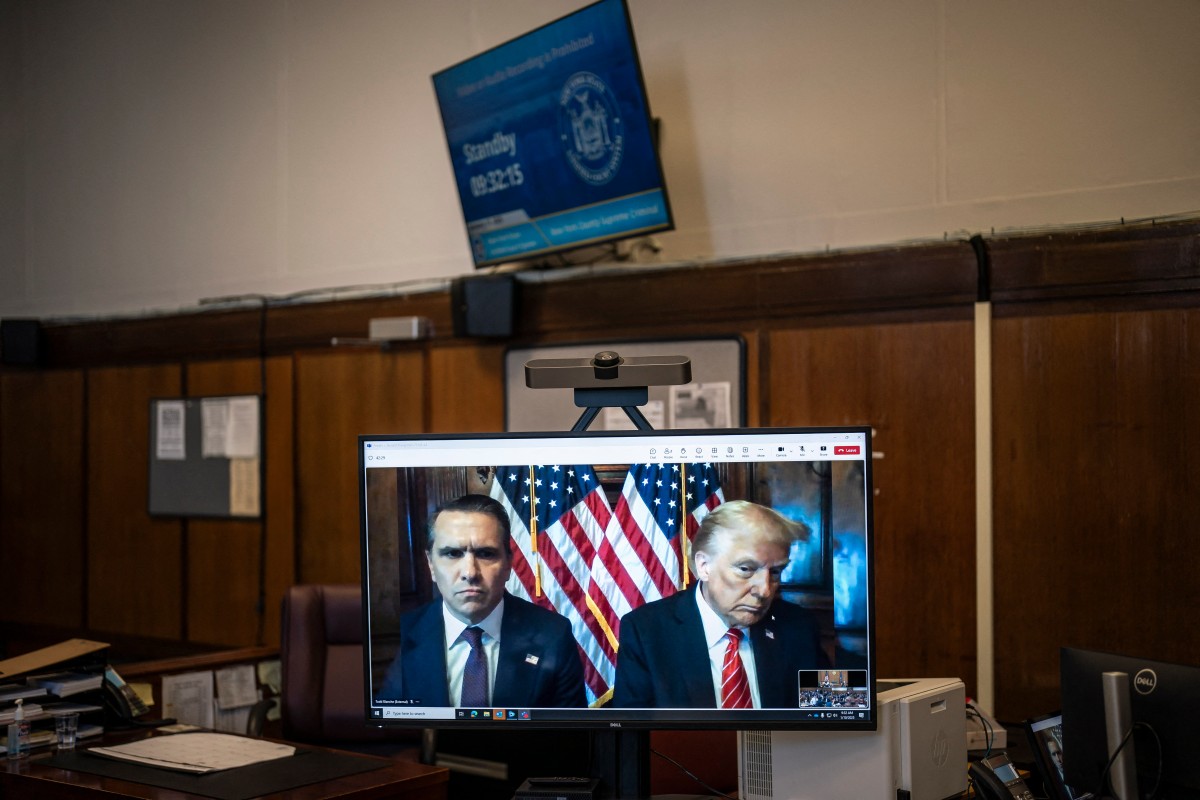A New York judge handed down an unconditional discharge to Donald Trump on Friday for concealing hush money payments made to a porn star, despite the US president-elect’s final attempts to prevent becoming the first felon to occupy the White House.
The judge avoided imposing prison time or a fine on Trump, even though the 34 charges of falsifying business records for which he was found guilty in May 2024 carried the possibility of incarceration.
Instead, New York judge Juan Merchan imposed the mildest criminal penalty possible, an unconditional discharge — a relatively rare action.
“This court has never encountered such a distinct and extraordinary set of circumstances before,” stated Merchan.
“The only permissible sentence that allows for a conviction without infringing on the highest office in the land is an unconditional discharge.”
Trump participated in his sentencing via virtual means while the judge, attorneys, and media filled the rundown Manhattan courtroom that witnessed the trial’s intense drama, legal disputes, and harsh personal attacks by the polarising Republican figure.
“This has been a very awful experience. I believe it’s been a significant setback for New York and its judicial system,” Trump commented before the discharge was announced.
“It was orchestrated to harm my reputation, so I would lose the election.”
The former president appeared on screens within the courtroom, flanked by two prominent US flags, dressed in a red tie with white stripes, and visibly impatient as the brief hearing unfolded.

During the trial, Trump had to watch as a series of witnesses testified regarding his fraudulent actions to conceal illegal payments to porn star Stormy Daniels in a bid to prevent her from revealing their affair before the 2016 presidential election, which he ultimately won.
Trump had requested a delay in the criminal proceedings after a New York State appeals court rejected his attempt to postpone the hearing. However, the Supreme Court determined that the sentencing could go forward.
Prosecutors opposed the push to delay sentencing just 10 days before Trump was set to be inaugurated for a second term, contending that it was inappropriate for the highest court to handle the case while the mogul still had options for appeal available in New York.


 Trending
Trending 